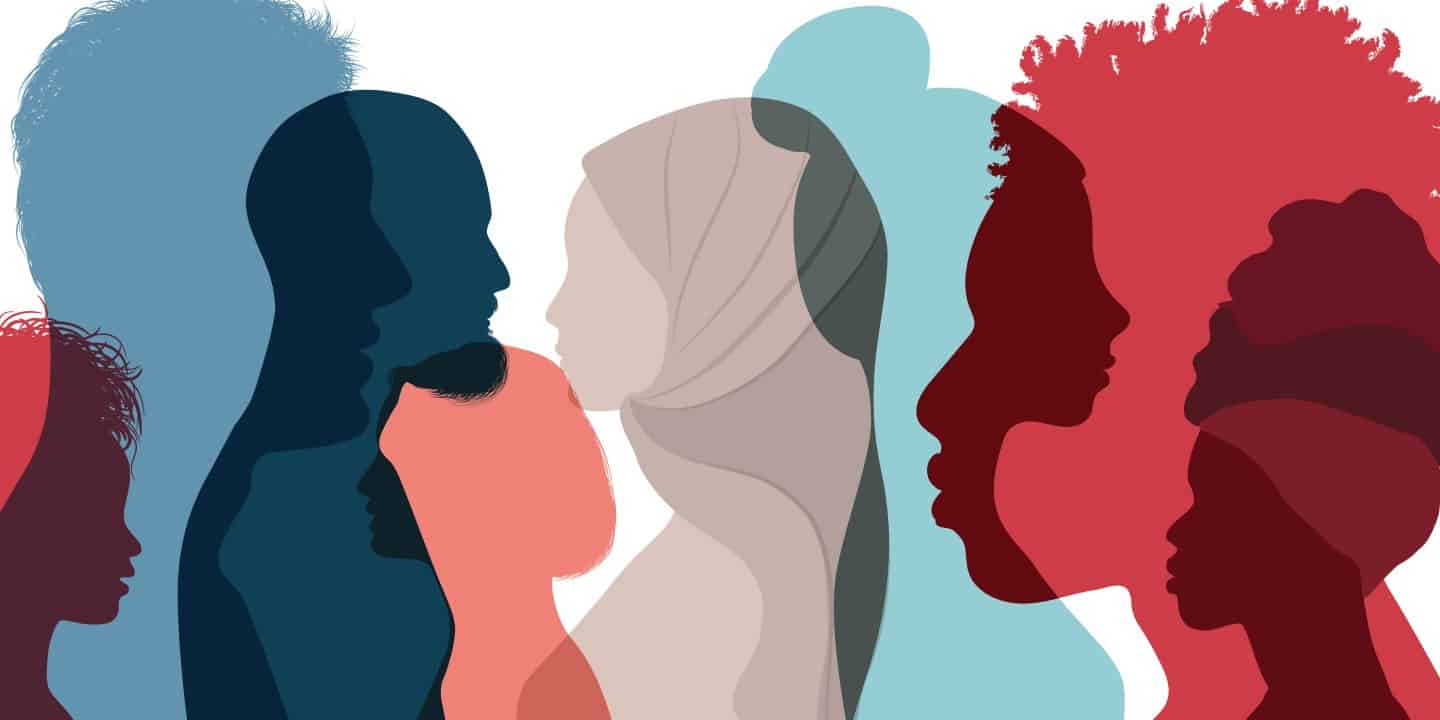
Honour-based abuse: still a lot more to be done
Emma Barrow writes about Honour-based abuse for New Law Journal. Read the full article below:
Honour-based abuse is an act of violence committed by an individual to protect or defend the ‘honour’ of a family or community. The abuse can take many forms, including child marriage, virginity testing, enforced abortion, breast-flattening, female genital mutilation (FGM), as well as physical, sexual and economic abuse and coercive control.
Current studies estimate that as many as 60,000 women and girls in the UK could be at risk of FGM, and over 125,000 may already be living with the consequences.
Between March 2021 and March 2022, 2,887 honour-based abuse-related offences were recorded in the UK by the police. Approximately seven cases are reported every day. The offences primarily include controlling and coercive behaviour (19%), assault with injury (16%), and assault without injury (12%).
However, the Home Office says that these cases are likely to only represent a small proportion of the actual offences committed.
Government rejects MPs’ calls to legally define honour-based abuse
Despite the Home Office noting that UK statistics are only capturing a small proportion of honour-based abuse offences, the government recently refused to introduce a clear definition of honour-based abuse into this country’s legal system.
It was the report of the Women and Equalities Committees back in July 2023 that first made the call for a clear legal definition of honour-based abuse, which does exist for other crimes such as domestic violence and forced marriage but is missing for honour-based abuse.
Why is a statutory definition needed?
The Committee’s report stressed that:
“There is insufficient information provided in the published data, and the lack of ethnicity data makes it particularly difficult to know in which communities honour based abuse occurs, in what forms, and how those communities are being served by police and other agencies.”
Since December 2020, the Home Office has been annually releasing policing statistics on honour based abuse-related Offences. However, the annual data releases are a real reflection of how little is actually known about honour-based abuse. This absence of key information, such as the number of victims, including children, affected by honour-based abuse, and the current tally of active perpetrators, leaves a critical gap in our understanding.
Moreover, the absence of a clear definition means that police often don’t correctly record the abuse that has occurred and the context behind it, which makes it more difficult for these crimes to be prosecuted. A lack of definition for honour-based abuse also means that victims themselves don’t fully understand the implication of what is happening to them, and so the abuse goes unreported.
In short, there is an urgent need for a clear statutory definition for honour-based abuse in order to enhance the reliability and quality of data on honour-based abuse for a better understanding of these offences leading to wider education on the subject, better support for victims, and more convictions of perpetrators.
Other calls for change
The report of the Women and Equalities Committee also found that many victims of honour-based abuse do not report the abuse to police because of their immigration status in fear that they will be deported. This means that abusers can exploit the vulnerability of their victims, knowing full well that their behaviour will go unreported.
Consequently, the Women and Equalities Committee concluded in their report that careful procedures must be put into place so that the police are unable to share data with the Home Office when dealing with honour-based abuse cases. Such procedures will protect the victim from any penalties relating to their immigration status, enabling victims to report the abuse safe in the knowledge that they will be helped by the authorities, and not penalised.
However, despite these findings, the government has recently rejected the Committee’s calls to remove this threat to encourage victims to come forward.
In response to these recent decisions made by the Home Office, Committee Chair Caroline Nokes MP said:
“The Government is taking welcome steps in its efforts to tackle honour-based abuse and there is no doubt the issue is being taken seriously, but it is clear that opportunities to protect victims are being missed and victims are deterred from reporting the crimes committed against them.
Without stronger assurances, people who speak-up about their abuse could risk immigration enforcement action. It is already extraordinarily difficult for victims to seek help, without the Government maintaining conditions for abusers to threaten victims into silence. It requires immense bravery for victims to come forward, in many cases they only have one chance to do so, we must do all we can to help them.”
So how can we move forwards?
Drastic change in our current legal system is necessary to protect vulnerable women from abuse and to ensure the perpetrators are stopped and held to account.
Honour-based abuse is deeply complex as it is infused with deep-rooted cultural beliefs and often perpetrated by family members and within communities. Prosecuting the perpetrators of this type of abuse is therefore never going to be straightforward.
However, a new regime could be adopted by the authorities to make it easier for victims to come forward and to improve the success rate of convictions. The main issues faced by the government and the police are examined below with some possible changes and steps to take:
Change in the law: a clear definition and a firewall
As recognised by the Women and Equalities Committee, the law needs to be clearer for a better understanding of what constitutes honour-based abuse. The main benefit of a new legal definition is the provision of a direct route for police to charge an abuser whose behaviour might not fit straightforwardly into other categories of abuse.
A firewall put up and maintained between the police and the Home Office is also imperative for the protection of a victim whose immigration status may be holding them back from making a criminal complaint; often, a perpetrator will use this fact to coerce the victim into silence.
The government should re-think their recent refusal to implement these two calls for change, in order to protect victims of honour-based abuse and give them a safe opportunity to report violent crimes.
Nationwide training within UK’s police forces
As this blog has noted, abuse related to ‘honour’ is complex, subtle, and can be difficult to spot. Police officers may encounter honour-based abuse through different scenarios such as a complaint of domestic violence made by a neighbour, or concerns raised by a social worker regarding the welfare of a child. It may not be reported as honour-based, but with the proper training police officers should be able to spot the signs at the very outset of a criminal complaint.
Community outreach
It is a serious concern in the current system that victims are not coming forward with the abuse they have suffered. This could be due to their immigration status as mentioned above, and also threats of further violence, abuse, or death by their abuser.
All communities in the UK should have access to support services with specific experience and understanding of the cultures prevalent in those communities. The service providers should be trained to spot the warning signs of honour-based abuse and able to signpost the victim to a charity who can provide support and assist the victim with making a criminal complaint.
Protection for the victim during the legal process
Honour-based abuse often takes place behind closed doors, in the family home and within communities. Often victims will not be safe returning home or placed back in the hands of their family after making a complaint. A thorough safeguarding assessment should be carried out at the outset of an investigation and appropriate protections put in place, such as rehousing in a refuge centre or temporary accommodation. Victims need to know from the beginning that they will be protected from any further abuse should they report their abuser.
Final comment
It is evident that most of the issues in our current legal system are rooted in the complexities of identifying the crime and the difficulty of creating a safe environment where a victim can realistically disclose the abuse.
Violence within communities can be subtle, easily hidden by perpetrators and not recognised as a crime by the victim due to manipulation involved relating to ‘honour’ within communities. There is no quick-fix solution, and the problem is always going to be highly nuanced and difficult to solve.
With the appropriate training within police forces nationwide, support implemented within communities from trained professionals offering encouragement for victims to come forwards, there is a greater chance for justice, and a greater chance of communicating to perpetrators that there is no ‘honour’ in abuse, and it will not be tolerated in this country.
The original version of this article was published on 8 March 2024, in New Law Journal.










